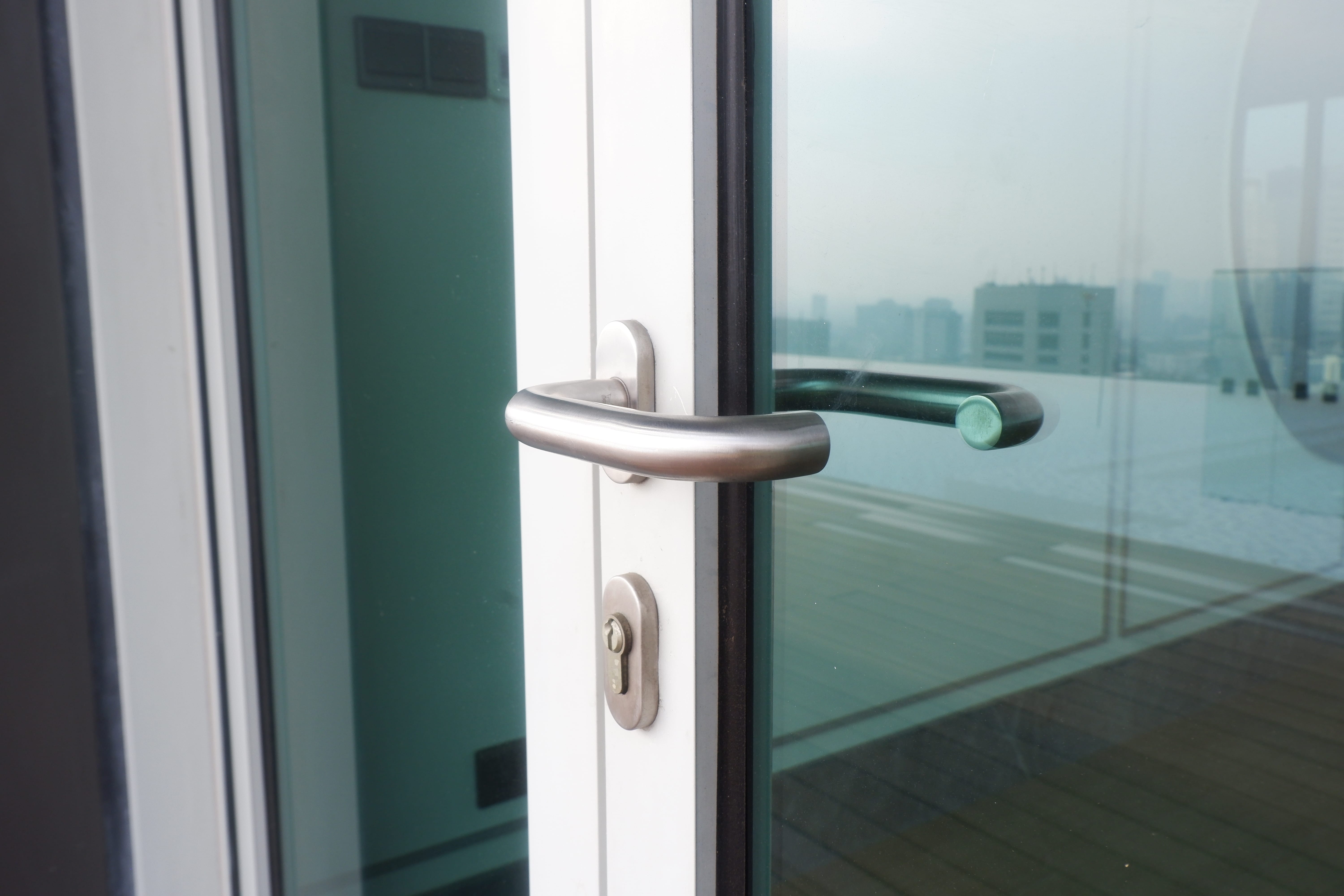Introduction
Choosing an interior or entry door impacts not only your home’s aesthetic but also its comfort and security. A glass door brings brightness and a modern feel, while a solid door offers better privacy and insulation. This article will help guide your decision based on your specific needs.
What Factors Influence the Choice Between a Glass or Solid Door?
Three main elements determine your choice:
- Light: A glass door maximizes natural light, ideal for darker rooms.
- Privacy: A solid door is better suited for areas requiring discretion, such as bedrooms or bathrooms.
- Security: Solid doors are generally sturdier, though reinforced glass doors can also offer strong protection.Advantages of a Glass Door
Better Distribution of Natural Light
A glass door is ideal for naturally lighting a room and creating a sense of spaciousness. It allows you to benefit from light without opening the door, which is especially helpful in hallways or dimly lit entryways.
When to Choose a Glass Door?
- For shared spaces like the living room or kitchen to encourage openness.
- In a small apartment where light needs to flow between rooms.
- For a bright entrance, especially with patio doors opening onto a garden or terrace.
How to Maintain Privacy with a Glass Door?
If you want to enjoy the light while maintaining some privacy, several glazing options are available:
- Frosted or opaque glass to block direct visibility.
- Textured glass that allows light through while blurring shapes.
- Tinted or etched glass, offering a stylish yet functional solution.
Benefits of Solid Doors
Better Thermal and Acoustic Insulation
Solid doors, whether made of wood, steel, or aluminum, offer better insulation than glass doors. They help maintain a stable indoor temperature and reduce noise—a major plus for bedrooms and home offices.
Why Choose a Solid Door for More Privacy?
In rooms where privacy is essential (bathrooms, toilets, bedrooms), a solid door is the best option. It blocks both sight and sound, creating a quieter and more private environment.
Which Materials to Choose for a Secure Solid Door?
- Solid wood: Strong and warm, it provides good thermal insulation.
- Steel: Ideal for entry doors, it’s highly resistant to break-ins.
- Aluminum: Lightweight, durable, and modern—commonly used in designer doors.
- PVC: Cost-effective and easy to maintain, though less sturdy than wood or steel.
Material and Design Comparison
| Material | Advantages | Disadvantages |
| Wood | Good insulation, warm aesthetic | Requires regular maintenance |
| Aluminum | Lightweight, corrosion-resistant | Moderate thermal insulation |
| Steel | Maximum security, impact-resistant | Can be heavy |
| Glass | Adds light, modern design | May require reinforced glass for security |
| PVC | Inexpensive, low-maintenance | Less durable than other materials |
How to Match Your Door with Your Interior Design?
To maintain a consistent decor, consider the following:
- Match materials with your windows and furniture.
- Choose colours that coordinate with walls and floors.
- Select handles and hardware that complement the door for a polished finish.
Current trends favour minimalist doors with clean lines, neutral tones, and natural materials.
Why Hire a Professional for Door Selection and Installation?
A carpenter or door specialist can advise you based on your budget and needs. They can also recommend the best materials and ensure installation that meets industry standards.
You can request a free quote by contacting Fenomax. This helps you compare prices and options before making a decision.
Conclusion: Which Door Model Should You Choose?
The choice between a glass and a solid door depends on your needs for light, privacy, and security. A glass door is perfect for a bright, modern home, while a solid door is better suited to spaces requiring insulation and protection. In every case, choosing the right material and ensuring proper installation are key to comfort and long-term durability.
